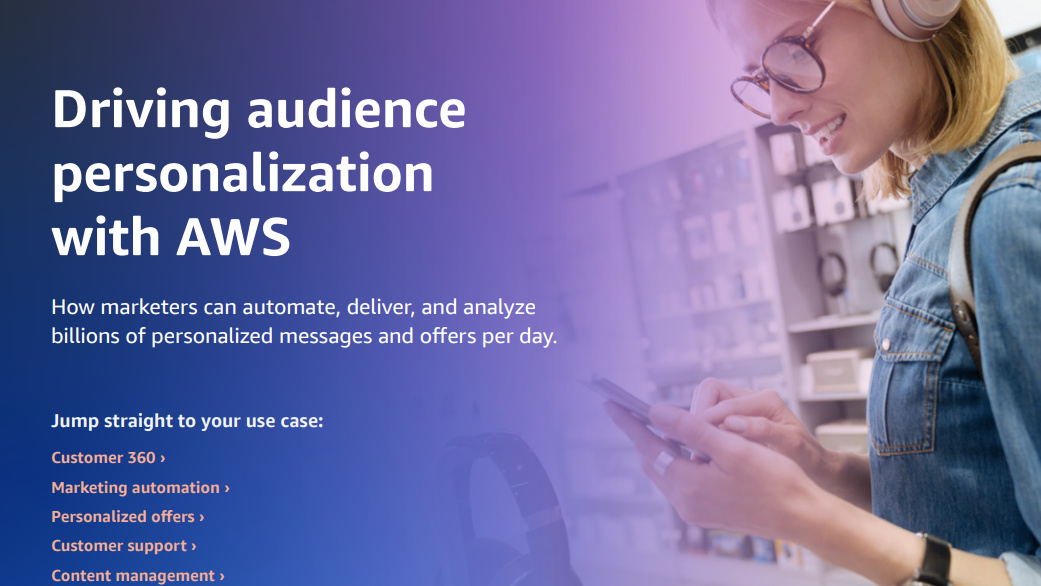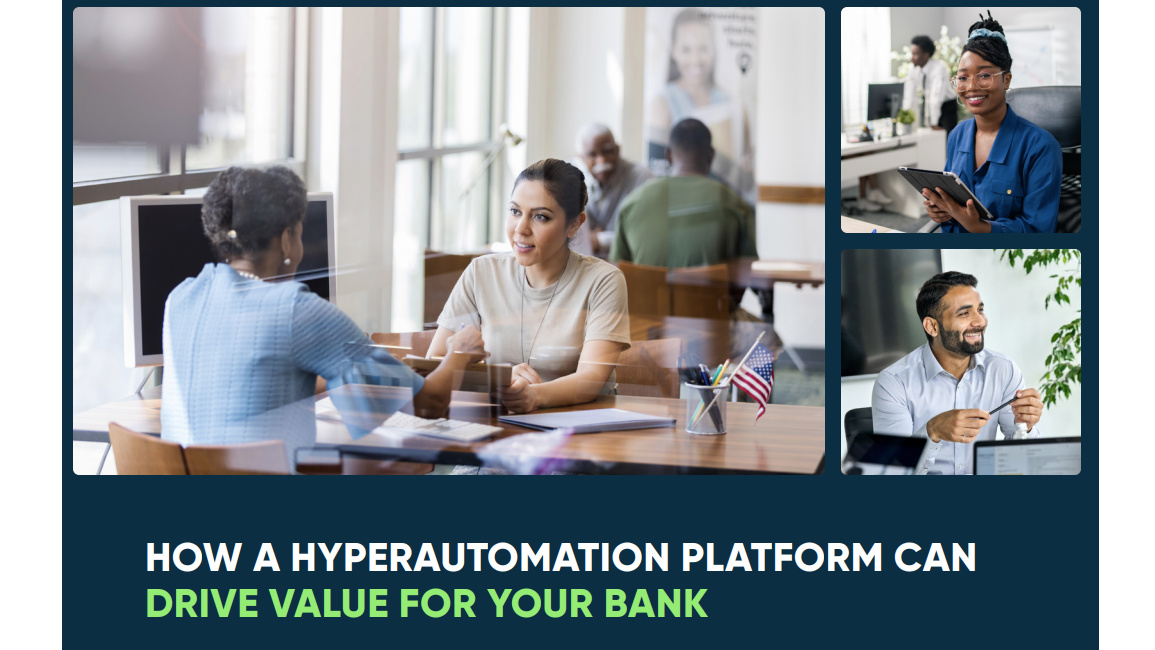Matt Hancock says every GP practice must offer Skype appointments by 2024
The new digital transformation framework will open up the NHS to investment and will seek to abandon outdated infrastructure


The health secretary, Matt Hancock, has called on every GP practice in England to offer digital appointments within five years as part of plans to shake-up an 'outdated' IT setup.
With the IT market dominated by just two providers, a new GP IT Futures framework will open up the NHS to investment and encourage competition, Hancock said.
By 2023 to 2024, every patient should be able to access GP services digitally, with practices offering online and video consultations as standard, through services such as Skype or Google Hangouts. This will continue alongside clinicians seeing patients in person.
Executing the plans will free up staff time, and reduce delays by hastening the flow of data between GP practices, hospitals and social care institutions, according to the Department for Health and Social Care (DHSC)
The framework will also examine how patient data can be migrated to cloud services, and how both patients and clinicians can access this data securely in real-time.
"Too often the IT used by GPs in the NHS - like other NHS technology - is out of date. It frustrates staff and patients alike, and doesn't work well with other NHS systems. This must change," said Matt Hancock.
"I love the NHS and want to build it to be the most advanced health and care system in the world - so we have to develop a culture of enterprise in the health service to allow the best technology to flourish.
Get the ITPro daily newsletter
Sign up today and you will receive a free copy of our Future Focus 2025 report - the leading guidance on AI, cybersecurity and other IT challenges as per 700+ senior executives
"I want to empower the country's best minds to develop new solutions to make things better for patients, make things better for staff, and make our NHS the very best it can be."
New standards, to be developed by NHS Digital, will introduce minimum technical requirements for any systems implemented, so they are able to communicate easily and securely, and be upgradeable.
The DHSC says it will seek to end existing contracts with providers which do not adhere to the minimum technical requirements.
"The next generation of IT services for primary care must give more patients easy access to all key aspects of their medical record and provide the highest quality technology for use by GPs," said NHS Digital's chief executive Sarah Wilkinson.
"They must also comply with our technology standards to ensure that we can integrate patient records across primary care, secondary care and social care.
"In addition, we intend to strengthen quality controls and service standards, and dramatically improve the ease with which GPs can migrate from one supplier to another."
Hancock has dedicated a significant portion of his six-month tenure as health secretary talking up the role technology can play in transforming the NHS, marking his start with a 500 million digital transformation pledge.
He also called for the NHS to vastly expand its library of approved apps, shortly after taking up his new role, to support both patients and clinicians in their roles.

Keumars Afifi-Sabet is a writer and editor that specialises in public sector, cyber security, and cloud computing. He first joined ITPro as a staff writer in April 2018 and eventually became its Features Editor. Although a regular contributor to other tech sites in the past, these days you will find Keumars on LiveScience, where he runs its Technology section.
-
 Should AI PCs be part of your next hardware refresh?
Should AI PCs be part of your next hardware refresh?AI PCs are fast becoming a business staple and a surefire way to future-proof your business
By Bobby Hellard
-
 Westcon-Comstor and Vectra AI launch brace of new channel initiatives
Westcon-Comstor and Vectra AI launch brace of new channel initiativesNews Westcon-Comstor and Vectra AI have announced the launch of two new channel growth initiatives focused on the managed security service provider (MSSP) space and AWS Marketplace.
By Daniel Todd
-
 Better together
Better togetherWhitepaper Achieve more with Windows 11 and Surface
By ITPro
-
 Transforming the enterprise
Transforming the enterpriseWhitepaper With Intel and CDW
By ITPro
-
 The top trends in money remittance
The top trends in money remittanceWhitepaper Tackling the key issues shaping the money remittance industry
By ITPro
-
 Automate personalization with AWS
Automate personalization with AWSWhitepaper How marketers can automate, deliver, and analyze billions of personalized messages and offers per day
By ITPro
-
 How Kantar revamped its IT infrastructure after being sold off
How Kantar revamped its IT infrastructure after being sold offCase Study Being acquired by a private equity firm meant Kantar couldn’t rely on its parent company’s infrastructure, and was forced to confront its technical shortcomings
By Rene Millman
-
 Deutsche Bank wraps up Postbank IT integration after bug-laden migrations
Deutsche Bank wraps up Postbank IT integration after bug-laden migrationsNews The IT merger is expected to generate annual savings of €300 million by 2025
By Daniel Todd
-
 How a hyper-automation platform can drive value for your bank
How a hyper-automation platform can drive value for your bankWhitepaper Five ways automated processes can drive revenue and growth
By ITPro
-
 Analyzing the economic benefits of Dell Technologies with VMware Tanzu & Intel
Analyzing the economic benefits of Dell Technologies with VMware Tanzu & IntelWhitepaper ESG economic validation
By ITPro